Boris Johnson: Downing Street apologises to Queen over parties
- Published
- comments
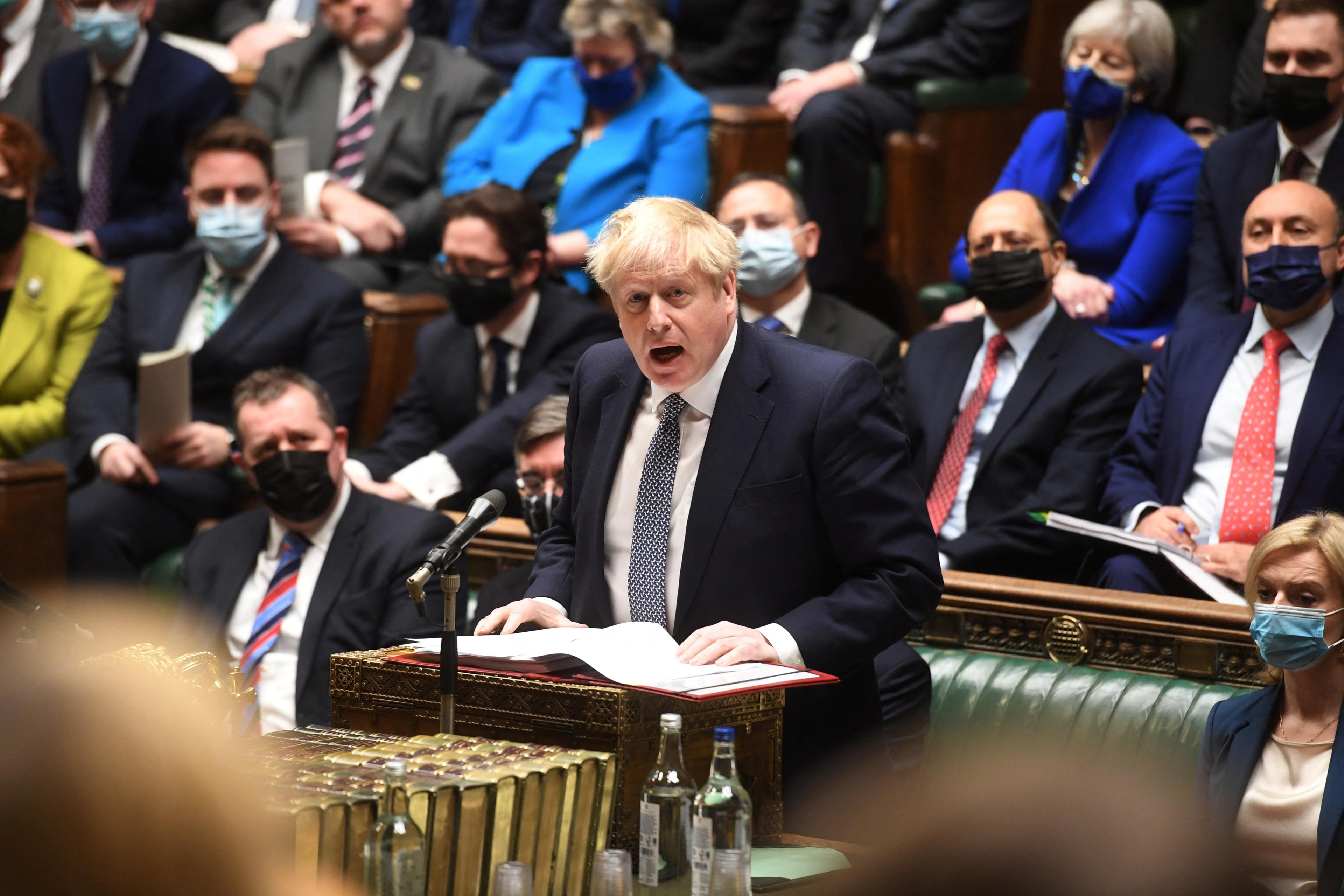
Boris Johnson offered a "heartfelt apology" for attending the garden party but said he believed it was a work event.
Downing Street has apologised to Buckingham Palace for two staff parties in No 10 the night before Prince Philip's funeral.
The parties happened on 16 April 2021 and took place when Covid restrictions banned socialising indoors.
Boris Johnson was not at either party - but he faces questions over alleged Covid rule-breaking at No 10.
The UK Prime Minister Boris Johnson is under pressure right now and is facing anger from many people - and even calls for him to stand down.
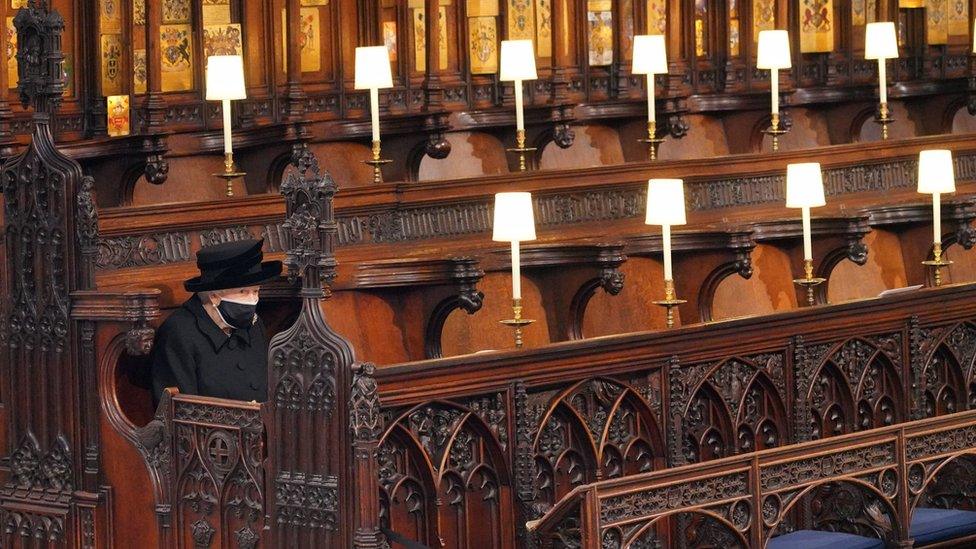
The day after the parties took place, the Queen was pictured sitting alone at Prince Philip's funeral due to Covid restrictions
The PM's spokesman said it was "deeply regrettable that this took place at a time of national mourning".
The apology to the Queen was made by government officials and has been added to the list of gatherings being investigated.
This comes after Boris Johnson admitted that he attended a "socially distanced" drinks event in the garden of Downing Street during the UK's first lockdown in May 2020.
At this time, people were only allowed to meet one other person outside their household in order to slow the spread of the coronavirus.
There have also been several reports of other parties at Downing Street and in other government departments which might have broken coronavirus rules - all of which are being investigated at the moment.
Although several ministers from his top team are supporting him there have also been calls from other political parties and even from some of his own Conservative Members of Parliament (MP) for Mr Johnson to step down from his role as Prime Minister (PM).
What has Boris Johnson said?
Ricky has got the full story of what's going on with the Prime Minister
On Wednesday, in Parliament, Mr Johnson apologised to fellow MPs and to the public for the way he handled the event, saying he attended for around 25 minutes to "thank staff" for their work during the pandemic.
Mr Johnson is under a lot of pressure, but he has asked everyone to wait for the outcome of the investigation into possible rule-breaking at Downing Street before he makes any further statement.
What's the investigation?
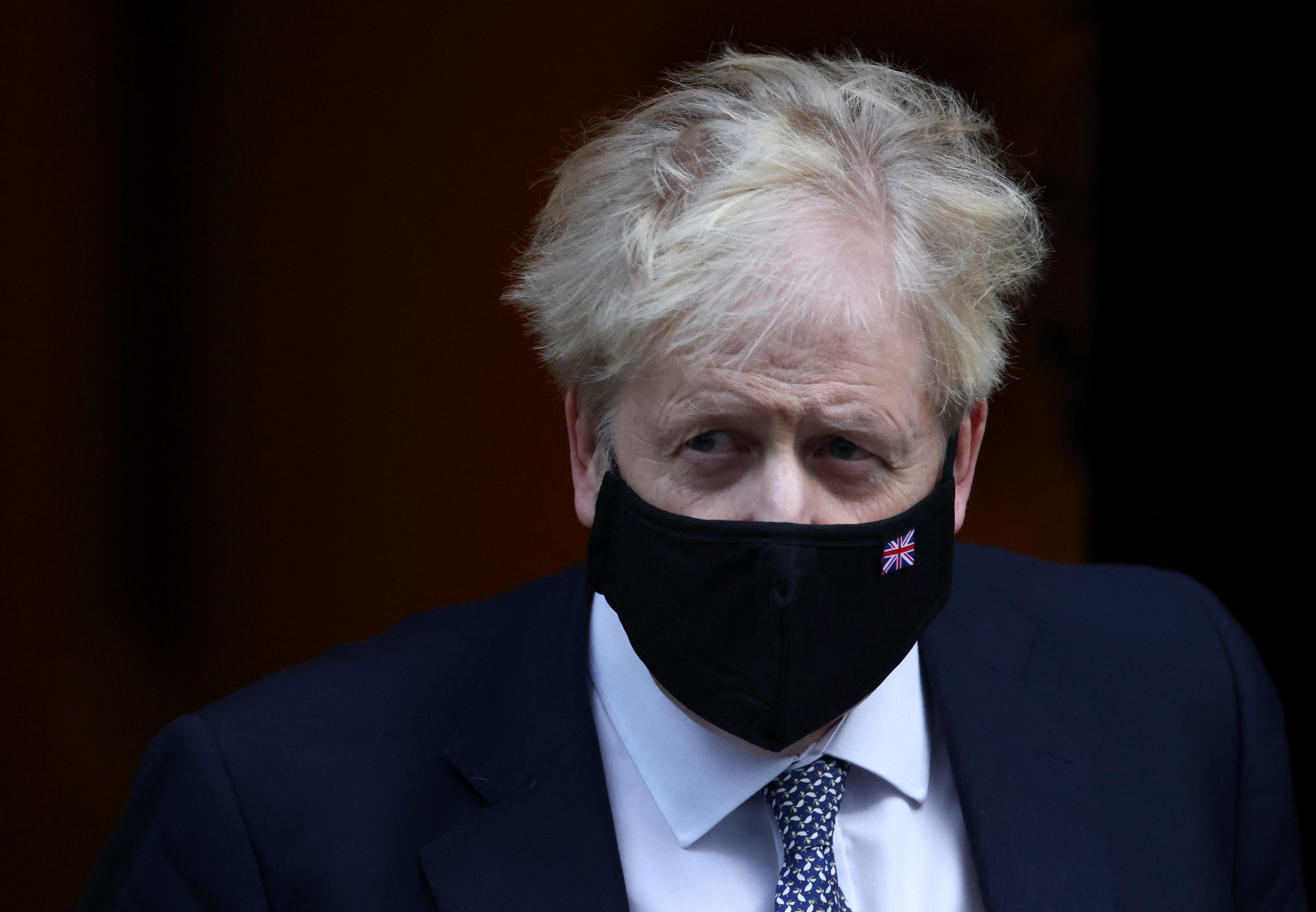
Boris Johnson has been under a lot of pressure to respond to the claims of illegal gatherings in his home and place of work - 10 Downing Street
There are a number of incidents being investigated.
They include possible Christmas parties, Christmas quizzes and other garden gatherings, and the parties on the night of Prince Philip's funeral, all of which may have been against the rules.
This investigation is being carried out by a woman called Sue Gray. She is a senior civil servant - which means she works for the government but is not an elected MP.
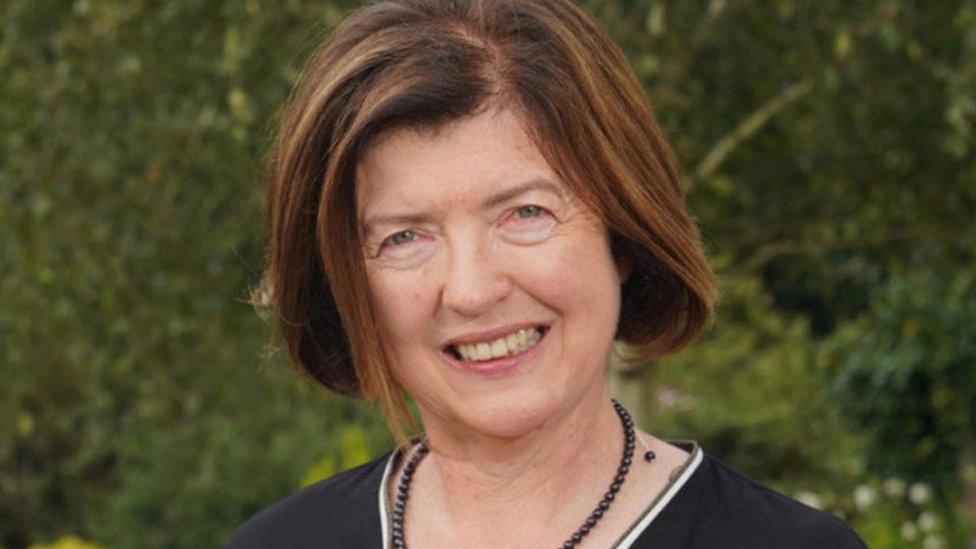
Sue Gray has been asked to look into the possible gatherings that took place in Number 10 during periods of lockdown
Sue Gray will speak to a number of people, look at official documents and decide whether the incidents were breaking rules or not.
She has no power to give out punishments for anyone, if she decides rules were broken. But what she says will be important for the future of the Prime Minister.
Can a Prime Minister be sacked?
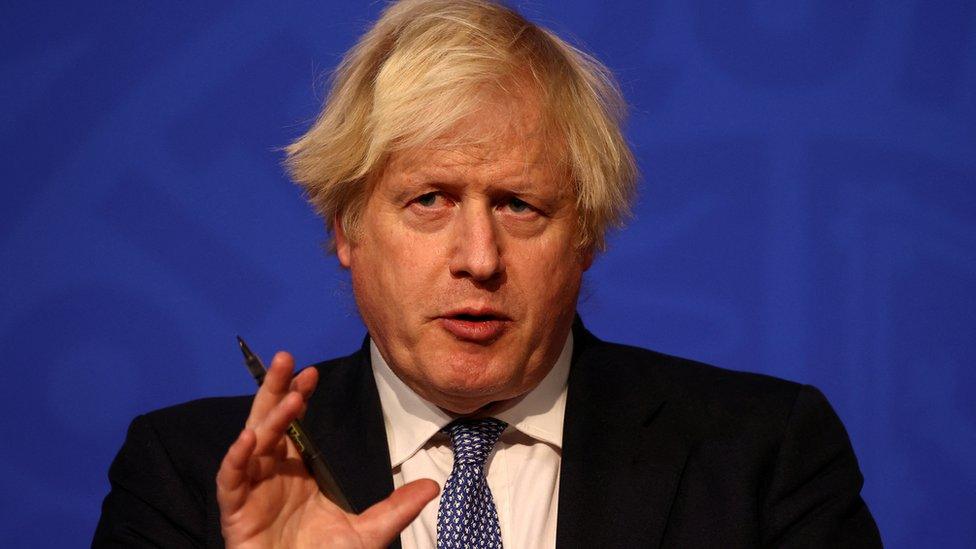
It's likely Mr Johnson will have to answer many more questions about his attendance at the garden gathering over the coming weeks and months.
Unlike in America, where the President is voted for by the public, the role of the Prime Minister is not elected directly by voters.
The job goes to whoever can "command the confidence of the House of Commons". What this means is that if a leader of a political party can get most MPs to support them, then they can become Prime Minister. In Boris Johnson's case, his Conservative party won a majority of MPs at the last election in 2019, so he was chosen as Prime Minister.
If enough MPs believe that a Prime Minister should no longer have the job, then they can hold a "vote of no confidence" in the House of Commons". All MPs, from all political parties, have a vote. If a Prime Minister loses that vote, they have to resign.
We are currently a long way from that particular series of events from playing out, but it means that Boris Johnson has to keep his Conservative MPs on side. If he doesn't, there is another process, called a leadership challenge, that could take place to replace him as Prime Minister.
What is a leadership challenge?
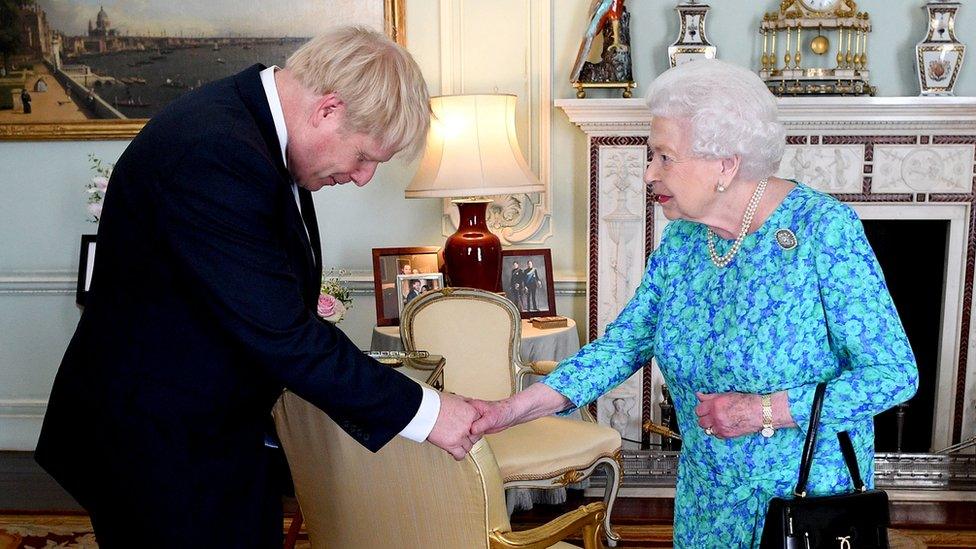
Boris Johnson meeting the Queen after winning the last leadership election for the Conservative Party and becoming PM in 2019
A leadership election is held to decide who will be the leader of the Conservative Party. Boris Johnson won one in 2019 when former PM Theresa May left the job.
It usually happens when a leader stands down, but it can also be triggered when a certain number of Conservative MPs write to a special committee, called the 1922 Committee, to request one.
A minimum of 54 Conservative MPs must send letters to the committee in order to trigger what is also known as a vote of no confidence. In this case it is just Conservative MPs who would then vote in support or against the leader.
Under current rules, if more than 50% of all Conservative MPs vote in support of the prime minister, they can stay as party leader and prime minister and no new vote can be triggered for 12 months.
If the leader lost that confidence vote among Conservative MPs, an election within the Conservative party would be take place and the current PM wouldn't be allowed to stand again.
MPs might choose to do this for a whole variety of reasons - including feeling the PM isn't up to the job, feeling the choices the PM is making aren't the right ones, or feeling the PM's popularity (or lack of it) might affect the party winning in the next elections.
So far, it is not known how many MPs have written to the 1922 committee but the leader of the Conservative Party in Scotland - Douglas Ross - has already said he intends to do so.
However, Mr Johnson is getting support from his top team in Parliament - including the deputy Prime Minister Dominic Raab, Foreign Secretary Liz Truss and Chancellor Rishi Sunak, who all say Mr Johnson is the right person to lead the country.
